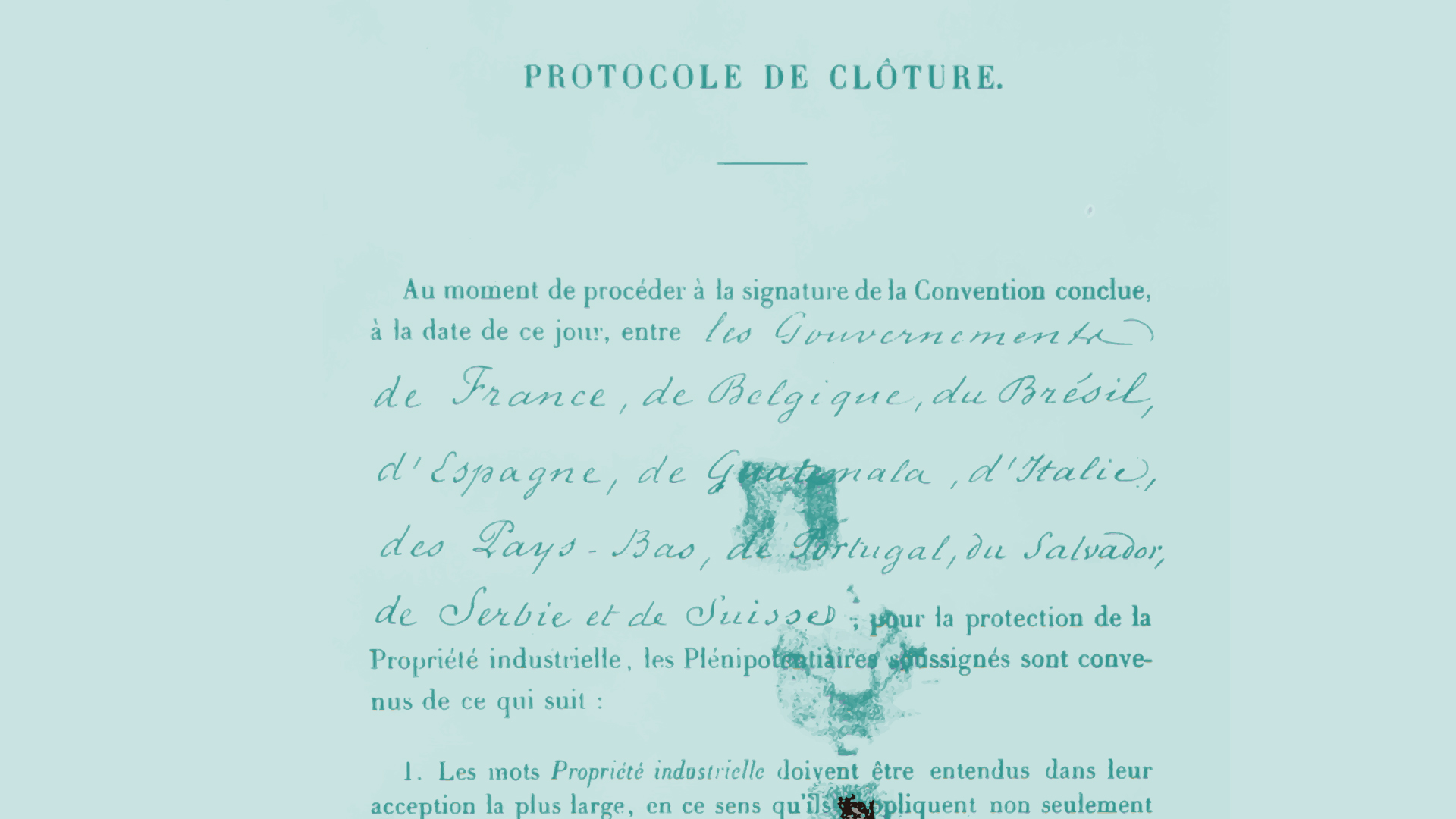Every March, those of us dealing with protection of intellectual property rights remember the anniversary of the signing of the Paris Convention for the protection of industrial property (“The Paris Convention”). This is the first international agreement in modern history governing the protection of intellectual property rights and to this day considered to be the basic and most important international agreement for protection of intellectual property rights.
In fact, the Paris Convention introduced great novelties which had been considered revolutionary at the time. Among others, it provided that each member country was obligated to establish an Intellectual Property Office where professional and competent examiners would register patents and trademarks following a procedure prescribed by the law. Another great heritage of the Paris Convention is the principle of protection of intellectual property rights of foreign natural and legal entities, levelling them in that sense with home country citizens.
Even though it has been more than 140 years since the signing, the Paris Convention, following several revisions, is still in effect and to this day 178 countries have signed and implemented it in their legislation. The reality is that the Paris Convention is one of the most widely accepted and adopted agreements in human history.
Actually, 11 countries founders of the Paris Union in 1883 signed the Paris Convention. And in addition to France, Italy, Spain, Netherlands, Switzerland, and other countries that signed the Paris Convention we remember proudly that the Kingdom of Serbia was also there.


